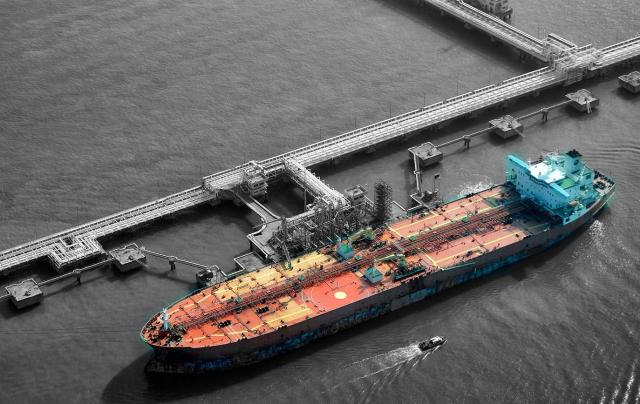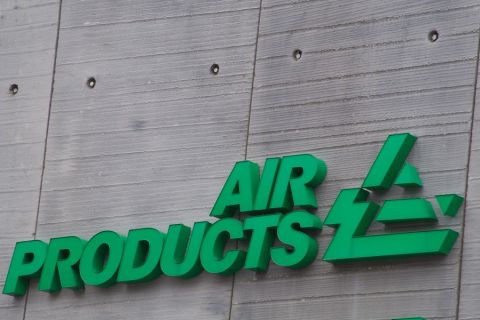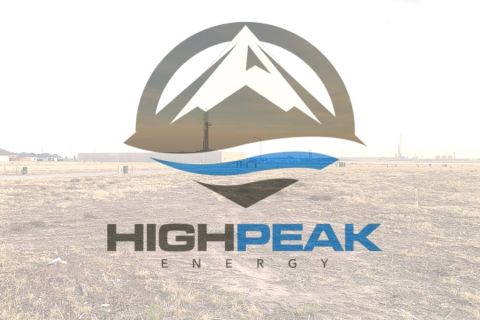
(Source: Jaggat Rashidi/Shutterstock.com)
NEW YORK—The coronavirus pandemic has stalled a once-furious race among energy companies to build deepwater oil export terminals off the Texas coast, amid permitting delays and rising environmental opposition.
Only three out of an initial dozen offshore U.S. Gulf Coast oil export proposals remain before federal maritime regulators. They are being slow-walked as the coronavirus slashed global fuel demand and the gusher from U.S. shale fields ebbed, said analysts.
“While these projects may be on the drawing board, they are more or less in a state of limbo given that in the current crude oil price environment, there’s more than ample export capacity already available,” said Andrew Lipow, president of consultancy Lipow Oil Associates.
U.S. oil production has declined 18% and crude prices have tumbled 35% this year, lessening demand for new export ports. Daily U.S. crude exports slowed to 8% gain through July, down from 46% last year, according to U.S. data.
Bluewater Texas Terminal, a joint venture of oil refiner Phillips 66 and trader Trafigura, remains far from a final go-ahead by the partners. The companies are continuing to supply information for needed approvals, Phillips 66 spokesman Rich Johnson said.
Sea Port Oil Terminal, backed by Enterprise Product Partners LP and Enbridge Inc., also no longer expects to secure federal permits this year, said Enterprise spokesman Rick Rainey.
Permit reviews for Texas GulfLink deepwater port, proposed by Sentinel Midstream LLC and Freepoint Commodities LLC, also was suspended. Sentinel was not immediately available to comment.
Call for Public Hearings
While crude export increases have slowed, environmental opposition to the major proposals has soared. Environmentalists have petitioned federal regulators to halt reviews until the pandemic fades and public hearings can be held.
Sierra Club recently submitted a letter signed by 22,400 people to regulator Maritime Administration opposing the Bluewater terminal. It and other groups also have rallied opponents to Enterprise’s SPOT terminal.
“There is huge community opposition around these projects,” said Sierra Club attorney Devorah Ancel, who said many of those opposed to the projects are Texas residents. The groups oppose the projects saying they could lead to ocean oil spills and are unneeded.
There is no Texas export terminal capable of directly loading supertankers, vessels able to carry 2 million barrels of oil. Smaller ships are loaded with oil that is transferred to larger vessels farther out at sea, a method that proponents of the deepwater ports argue is costly and increases ship traffic.
As the Permian Basin in Texas and New Mexico led U.S. crude production to as much as 13 million barrels per day, pipeline companies with shale oil supplies jumped into the deepwater terminal race.
Pipeline Glut
“Now the reality is there are too many pipelines out of the Permian, there’s not enough demand and so the urgency around these has subsided,” said Sandy Fielden, oil and gas analyst at financial services firm Morningstar.
He suspects proponents will move slowly on the projects.
“If the export market recovers and crude oil production booms back up to higher levels than it was at the end of last year, then obviously there’s a market for these terminals,” Fielden said.
Recommended Reading
BP’s Kate Thomson Promoted to CFO, Joins Board
2024-02-05 - Before becoming BP’s interim CFO in September 2023, Kate Thomson served as senior vice president of finance for production and operations.
Magnolia Oil & Gas Hikes Quarterly Cash Dividend by 13%
2024-02-05 - Magnolia’s dividend will rise 13% to $0.13 per share, the company said.
TPG Adds Lebovitz as Head of Infrastructure for Climate Investing Platform
2024-02-07 - TPG Rise Climate was launched in 2021 to make investments across asset classes in climate solutions globally.
Air Products Sees $15B Hydrogen, Energy Transition Project Backlog
2024-02-07 - Pennsylvania-headquartered Air Products has eight hydrogen projects underway and is targeting an IRR of more than 10%.
HighPeak Energy Authorizes First Share Buyback Since Founding
2024-02-06 - Along with a $75 million share repurchase program, Midland Basin operator HighPeak Energy’s board also increased its quarterly dividend.





